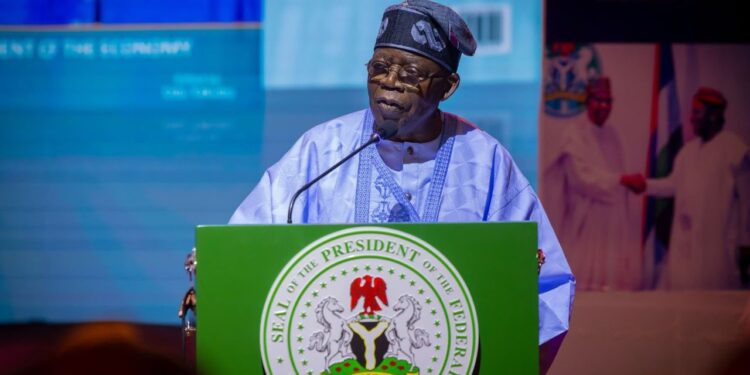The Federal Executive Council (FEC) has suspended the Cyber Security Levy imposed on Nigerians by the Office of the National Security Adviser through the Central Bank.
This decision was communicated by the Minister of Information and Culture, Mohammed Idris, after the FEC meeting held on Tuesday, May 14, 2024. It marks the government’s first official acknowledgement of the levy’s suspension.
The controversial levy, which had been applied to electronic bank transactions, was mandated by the Cyber Security Act of 2024, requiring banks to levy 0.5% on selected electronic transactions.
Minister’s Statement
According to the Minister, the government has suspended the controversial levy and initiated a review process. He stated that the government’s current position is to put the policy on hold.
“The government’s position is that this policy has been suspended, this policy has been put on hold; that is the government’s current position. It is undergoing some form of review,” said the Minister.
The statement did not provide further details on the nature of the review or its expected duration.
Public Outcry Leads to Reversal
The imposition of the cybersecurity levy sparked widespread outcry from Nigerians across various sectors, who viewed it as detrimental to economic growth.
In response to the public backlash, members of the House of Representatives demanded the temporary withdrawal of the circular issued by the Central Bank, labelling it as ambiguous. The House urged the CBN to issue a clearer directive.
Presidential candidate Peter Obi criticized the levy, describing it as exploitative in an already struggling economy.
The Nigerian Association of Chambers of Commerce, Industry, Mines, and Agriculture (NACCIMA) called for a cap on the levy amount to alleviate its burden on the private sector.
These reactions likely influenced the FEC’s decision to suspend the levy, particularly in light of the government’s upcoming first anniversary.
The suspension could be interpreted as addressing public dissatisfaction and mitigating negative perceptions amid economic challenges.


